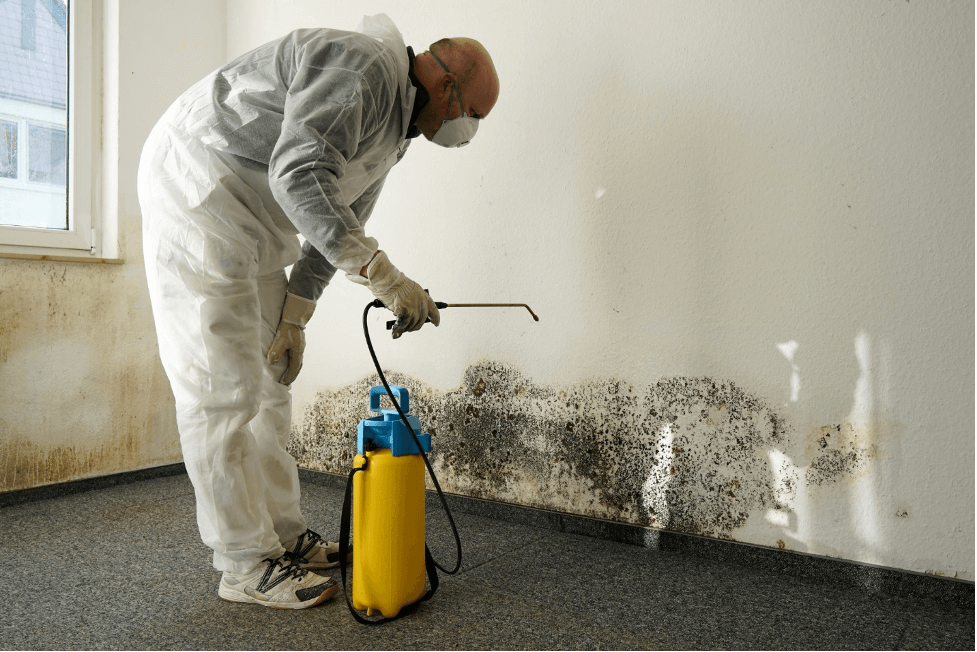
Preventing Your Basement from Water Leakage
Oh no, there are puddles on your basement floor and it looks as if the walls are leaking! Your personal possessions are damp and likely damaged.
A wet basement is a homeowner’s nightmare. Leaks can be difficult to identify and fix, the cleanup is an involved process, and the water damage is sometimes severe.
We’re here to help ensure that it doesn’t happen in your home. Check out this guide for preventing your basement from water leakage.
What Causes a Water Leak in Your Basement?
If you have a wet basement, it is likely due to drainage problems, rainfall, flash floods, or melting snow. There are three major problems that allow water into your basement, these include condensation, runoff, or subsurface seepage.
Condensation
If you’re noticing water droplets or wet spots on your basement walls or puddles on the floor, you could be dealing with a condensation problem. This dampens the carpets, rusts appliances, and tools, and will turn the basement into a muggy environment often leading to water damage.
You can start by airing out your basement, opening windows, and running fans to circulate the air. Installing a dehumidifier will help to lower humidity and reduce condensation, too.
It’s important to insulate cold-water pipes to prevent the collision of warm air and cold pipes that causes condensation.
Runoff
If rainwater or melted snow is collecting above your basement and is not directed away from the structure, you’ll find water seeping in through gaps and cracks in the walls.
You can prevent runoff water leaks by working to seal cracks in the foundation and walls. This extends beyond the basement too. You need to mend outside entry points, for example, cracks in your sidewalk or driveway.
Ensure that your gutters are clean, and if you don’t have gutters then it’s imperative that you install some to direct water away from your house.
Subsurface Runoff
Does it seem like your wet basement is a product of runoff, but it’s constant, and not only after rains or snow? This means that there is high groundwater. The water comes up through the basement floor and walls.
This is a bit more of a complex problem and may require professionals. You will need to fix cracks or install a sump pump. In some serious cases, the foundation will need to be reinforced with a waterproof membrane which is an involved process that includes excavating the surrounding area.
Quick Tips to Avoid Basement Flooding
Use this quick checklist to ensure a dry and water damage free basement:
- Clean rain gutters to avoid blocked gutters by cleaning out leaves and debris
- Extend downspouts at least five feet away from your house
- Seal gaps in the basement to prevent water from seeping in
- Install a French drain in serious cases
- Waterproof interior walls to prevent condensation
Regular maintenance of your basement is important to prevent leakages. Take note of when there are serious issues that require drain installation or professional assistance.
The Post Water Leakage Clean Up
Water leakage can cause major damage to your basement if not attended to. Your personal possessions and the foundational structure of your basement is compromised when water enters your basement, creating wet spots or flooding.
The cleanup is a difficult, complex process that needs to be done properly to avoid mold and leftover residues that will cause further damage.
If you’re dealing with a wet basement and water damage, Barakat Restoration offers a range of water damage services including water extraction, repairing water leaks, and restoration of personal possessions. Contact us today to solve your water leakage problems.
